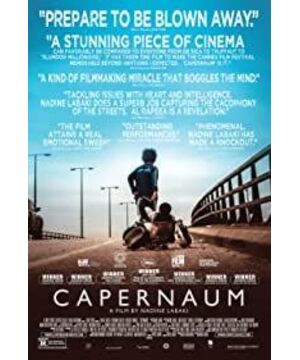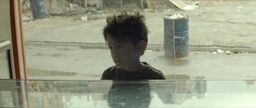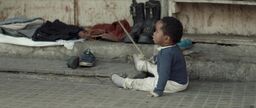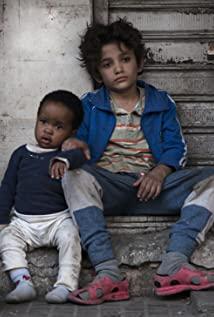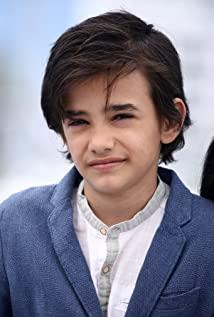I haven't seen a non-genre movie in the cinema for a long time. The Middle Eastern color of the "Why Home" poster and the shy smile of the little boy made me think of Abbas for the first time. There are not many movies about children and children. Born in Tehran, Abbas Kiarusdami made several documentaries in the 1980s that reflected the problems faced by Iranian school-aged children, such as "First Graders" (1985), "Homework" (1989) ), from which we can see his attention to children and his extremely acute portrayal. Therefore, it seems reasonable to think that the Middle East will be sensitive enough to interpret these issues due to certain political factors and the background of the times.
Zane is a child who grew up in a complex environment and worked hard to do the right thing. In fact, after reading it, I always felt a little too praiseworthy, too mature and too understanding, with a lot of kindness and fearlessness. But also from his many adult-like body language, such as his slanted back and his movements of wiping tears, he is completely different from a child, and he has the worry of carrying the family's livelihood and happiness. If it is not real experience, I think there should be no actors who can show these bitter pasts.
A 12-year-old boy traverses a poor, turbulent life and sets the tone of the film with the phrase "suing my parents why they gave birth to me." It can be seen that the director's painstaking narrative, taking a high-profile boy in prison as an opportunity, guides everyone to see what crime he committed, and why he sued his parents, and from the beginning paved the way for black girls. When I think about it carefully, I just feel that the faces at the beginning of the movie are getting clearer.
The movie is full of shaky shots and huge close-ups of people's faces. It's been a long time since I've watched this kind of movie, or I've rarely seen such a magnified and clear face shot on the big screen in the theater. The abundant emotions seem to overflow. Screen. And a large number of first-person perspectives and shaky shots make anxiety, panic, and the pain of nowhere to go into it infinitely.
Following the child through a world full of dust and malice, and seeing the faces of the "deserving" and "suffering" adults in the courthouse, the happy ending of the happy ending seemed cheap. At the end, I looked at my friends and deeply felt how worthless and meaningful this "white left" kindness was in the face of so much suffering and suffering.
View more about Capernaum reviews


